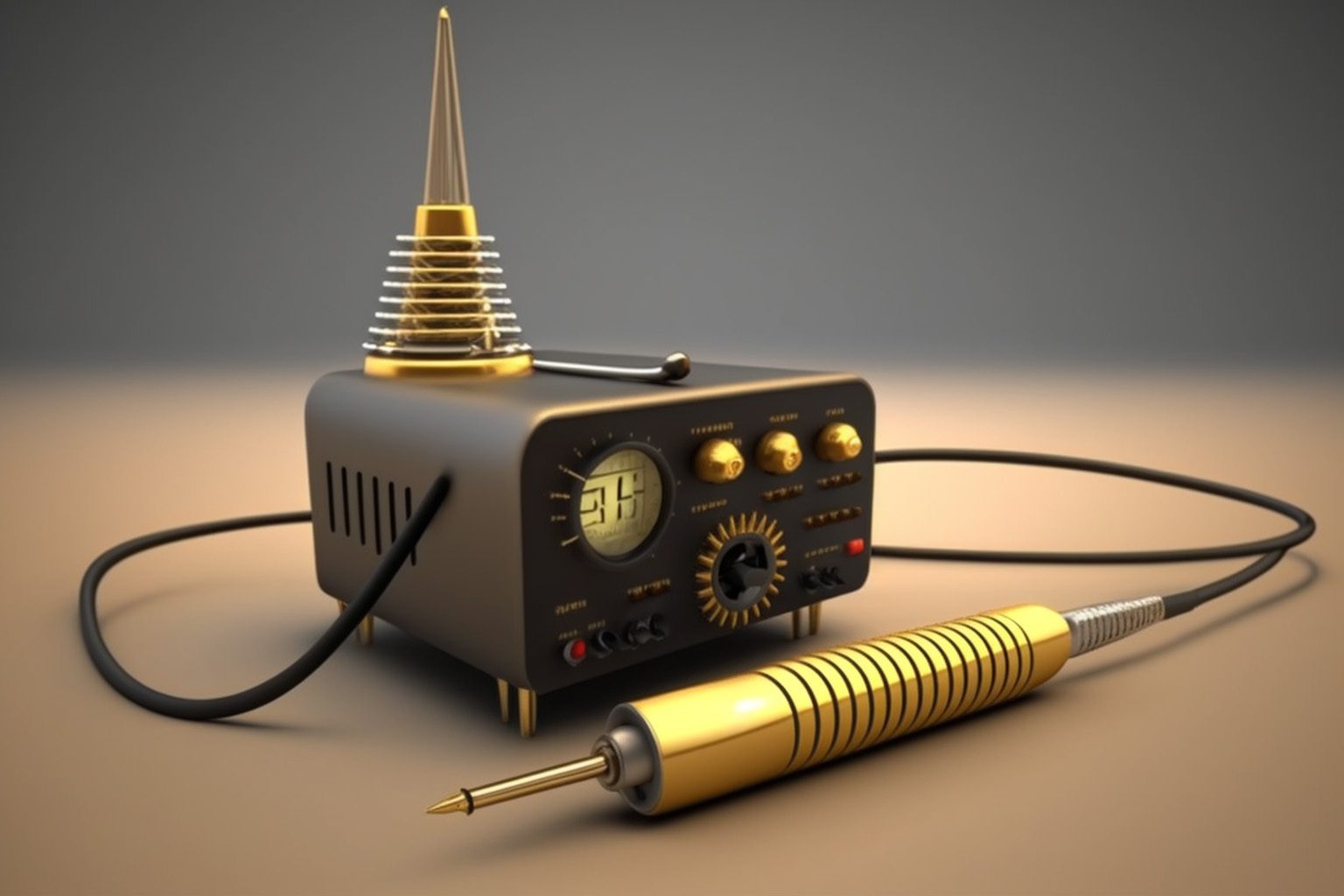As a technology enthusiast, I can tell you that electrical engineering is everywhere and affects our daily lives. But what exactly is electrical engineering and why is it so important?
Chapter in this post:
What is electrical engineering?
Electrical engineering deals with the generation, transmission and use of electrical energy. Without electrical engineering there would be no lighting, no household appliances and no computers. In short, we would be at a completely different technological level.
But how did electrical engineering come about in the first place? The history of electrical engineering dates back to the 19th century when Michael Faraday discovered electromagnetic induction. Since then, electrical engineering has advanced rapidly and there have been many milestones and significant figures who have made significant contributions.

Here are some of the most important milestones in the history of electrical engineering:
- Discovery of electricity: In the 18th century, the Scotsman Alexander Wilson discovered electrical phenomena.
- Discovery of Electromagnetic Induction: In the 19th century, Englishman Michael Faraday discovered electromagnetic induction.
- Invention of the dynamic electric motor: In the 19th century, the Englishman Michael Faraday invented the dynamic electric motor.
- Invention of the incandescent light: In the 19th century, the German Joseph Swan invented the incandescent lamp.
- Invention of the transformer: In the 19th century, the two physicists Guillaume Duchenne and Nikola Tesla invented the transformer.
- Invention of the radio receiver: In the 20th century, the Italian Guglielmo Marconi invented the radio receiver.
- Invention of the telegraph: In the 19th century, American Samuel Morse invented the telegraph.
- Invention of Television: In the 20th century, Scotsman John Logie Baird invented television.
These are just some of the most important milestones in the history of electrical engineering. Electrical engineering has developed rapidly and will continue to make significant contributions to our daily lives in the future.
Electrical current, voltage, resistance and power can be named as the basics of electrical engineering. These terms are important to understand how electrical equipment and systems work.
In practice, we find electrical engineering everywhere. Lighting, home and household appliances, electric motors and electronics are just a few examples of electrical engineering applications. However, electrical engineering will continue to play an increasingly important role in the future. Trends such as sustainability and energy efficiency as well as the combination of electrical engineering and artificial intelligence will ensure that electrical engineering will continue to be developed in the future.

Fields of activity of an electrical engineer
As an electrical engineer, you are responsible for planning, installing, maintaining, and repairing electrical systems and devices. Here are some of the tasks that an electrical engineer typically performs:
- Electrical Installations: You design and install electrical systems in homes, commercial buildings, factories and other facilities.
- Electrical System Maintenance: You regularly inspect electrical systems to ensure they are working and safe.
- Repair Electrical Devices: You fix problems with electrical devices and systems when they no longer work.
- Overseeing Electrical Projects: You will oversee electrical projects to ensure they are completed within planned timeframe and budget.
- Planning of networks and systems: You plan electrical networks and systems that ensure the secure and efficient transmission of data and energy.
As an electrical engineer, you often work in a team with other technicians, engineers, and architects to successfully complete electrical projects. You must also ensure that all electrical systems and devices comply with applicable safety standards.

Which tools are used in electrical engineering?
As an electrical engineer, you use a variety of tools to carry out your work efficiently and safely. Here are some of the most important tools you will need:
- Multimeter: A multimeter is an electronic measuring device used to measure electrical values such as voltage, current, and resistance.
- Screwdrivers: You need screwdrivers of various sizes to loosen and tighten screws.
- Cable cutters: A cable cutter is used to cut, strip and splice electrical cables.
- Wire cutters: Wire cutters are used to make and secure wire connections.
- Electrical Tape: Electrical tape is used to cover and insulate electrical contacts.
- Wire Strippers: A wire stripper is used to remove insulation from electrical wires.
- Crimping Tool: A crimping tool is used to attach connectors to electrical wires.
- Soldering Iron: A soldering iron is used to connect electrical contacts by soldering.
- Voltage Detector: A voltage detector is a device used to detect electrical voltage without having to make a connection to the circuit.
- Circuit Breaker Voltage Tester: A circuit breaker voltage tester is a device used to check the condition of circuit breakers.
- Drill Press: A drill press is used to drill holes in walls, ceilings, and other surfaces to run cables and wires.
- Cordless Screwdriver: A cordless screwdriver is a portable electric tool used to fasten screws quickly and easily.
- Power Generator: A power generator is a device that produces electrical energy to provide power when power is not available.
- Laying tool: A laying tool is used to lay cables and wires safely and neatly.
- Cable Cutters: A cable cutter is used to cut electrical cables to the desired length.
- Wrenches: Wrenches are used to loosen and tighten screws.
These are just some of the most important tools you will need as an electrical engineer. Depending on your work and the projects you work on, it may be necessary to use more specialized tools.
FAQ on the topic
There are many questions about electrical engineering that I would like to list and answer here.
- Which is better: soldering iron or soldering gun?
- What can you do wrong when soldering?
- How does a cold solder joint become noticeable?
- Can you solder too hot?
- How much does a good soldering iron cost?
- How much does an electrical engineer earn?
- What is galvanic isolation?
- Did Edison Invent the Lightbulb?
Conclusion
In this blog post we have provided an overview of electrical engineering including its applications, tools and milestones in history. Electrical engineering is an important field of technology that has enriched and improved our daily lives. From lighting and communications to medical devices and transportation systems, electrical engineering has made an indispensable contribution.
As an electrical engineer, you have the opportunity to make a difference in the world by designing, installing, and maintaining electrical systems safely and efficiently. We hope this blog post has given you a better idea of electrical engineering and inspired you to learn more about this fascinating field.
